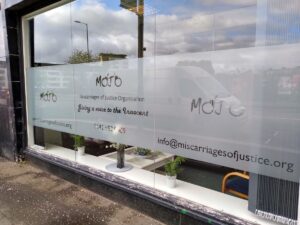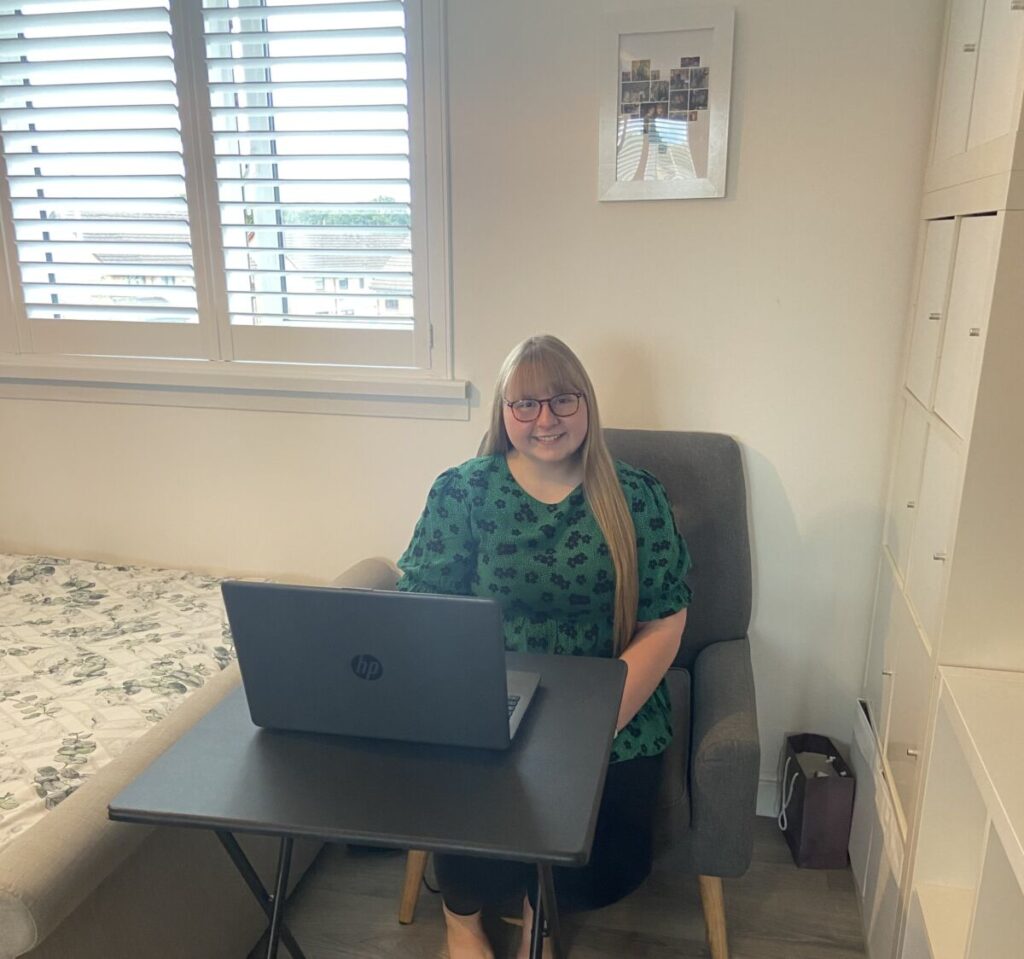Two of the longstanding tensions (on mitigation/adaptation and on loss and damage) in international discussions around climate change stem, ultimately, from the same source: the significant disparities between the Global North and Global South. The enduring principle of ‘common but differentiated responsibilities’ (one of the highlights from the 1992 Earth Summit held in Rio de Janeiro) pre-dates and informs the present COP system, including the new Glasgow Climate Pact agreed just days ago. At the heart of this principle is an acknowledgement that different states have different capacities to respond to climate change, especially while simultaneously developing economically. Indeed, even today, addressing historical emissions and centring climate justice remain contentious.
As many will know, the University of Strathclyde Law School hosts the Strathclyde Centre for Environmental Law and Governance, founded by Dr Francesco Sindico, who remains one of its co-directors. With COP26 having just ended its two-week presence in Glasgow, and with the city giving its name to the resulting Glasgow Climate Pact, it seems only fitting to turn to local experts for guidance on understanding and navigating these tensions.
For context, 2015 marked both the adoption of the Sustainable Development Goals (SDGs) and the Paris Agreement (130-131). Dr Sindico’s article draws out and expounds upon the linkages between the two, providing excellent background from which to understand how the Glasgow Climate Pact must also weave sustainable development through its text. The importance of sustainable development to ‘mitigating and adapting to climate change’ (131) and addressing ‘loss and damage’ (ibid) cannot be overstated. The wealth of the Global North was built on colonialism, industrialisation, resource extraction, and, yes, slavery; there is a reason why Dr Walter Rodney’s How Europe Underdeveloped Africa is a seminal text in contemporary African studies.
Dr Sindico’s discussions from section 3 to the end of section 4.1 (133-139) should be mandatory reading for anyone seeking to understand the decisions taken at COP26 and their relationship to the SDGs. In addition to the Glasgow Climate Pact, the plenary session of CMA3 (Conference of the Parties Serving as the Meeting of the Parties to the Paris Agreement) adopted a more concrete package for the operation of the mechanisms and rules in Article 6 of the Paris Agreement on mitigation/adaptation. On loss and damage, however, COP26 disappointed, acknowledging the concept, but failing to provide a framework for making it material and meaningful. Ensuring that implementation of COP26 and the SGDs occur both intertwined and in parallel is vital, as Dr Sindico rightly expressed in relation to the Paris Agreement: ‘For this mandate to be successful, an integrated approach to the implementation of the Paris Agreement and the SGDs needs to take place’ (140).
It would be impossible to conclude this review without remarking on India’s last-minute amendment of the Glasgow Climate Pact to change the language in paragraph 20 from a phase-out of coal to a phase-down. This is a particular nexus of the apparent conflict between development and sustainability, giving rise to internal issues in sustainable development itself. It is no surprise that Tina Stege, the Climate Envoy for the Marshall Islands, referred to this change by saying, ‘It hurts to see that bright star dimmed’.
Maybe that ends up being the final tagline for the whole of COP26 and the Glasgow Climate Pact. There is something of a star, but like the hope of restricting global warming to 1.5 degrees, it is dim, indeed, and fading. For Indigenous peoples, for small island states, and for vulnerable people globally, the need for coordination on climate change and sustainable development could not be more stark.
Exemplary quotations:
‘If we agree that sustainable development and poverty eradication are central to the SDGs, and also that sustainable development provides the context in which the Paris Agreement operates, it is crucial that the implementation of the Agreement operates in the context of the SDGs.’ (132-133)
‘Loss and damage and disaster-risk management raise a further complexity in the relationship between the Paris Agreement and SDGs. The latter will sometimes point directly, but often indirectly, to other international legal instruments, institutions, and governance schemes that need to be considered when implementing the Paris Agreement. In other words, when dealing with the relationship between the Agreement and the SDGs, a much more complex and sophisticated legal and institutional framework, made up of links and regime overlaps, must be considered.’ (137-138)
‘The Paris Agreement and the SDGs must walk hand-in-hand and support one another.’ (141)
Review by Arün Smith, Student Advisor
Full citation:(2016) 6 Climate Law 130 <https://pureportal.strath.ac.uk/files/47008323/Sindico_CL_2016_Paris_climate_change_and_sustainable.pdf> (Open Access)
To receive monthly updates on the work completed by the University of Strathclyde Law Clinic straight to your email, please sign up here.




